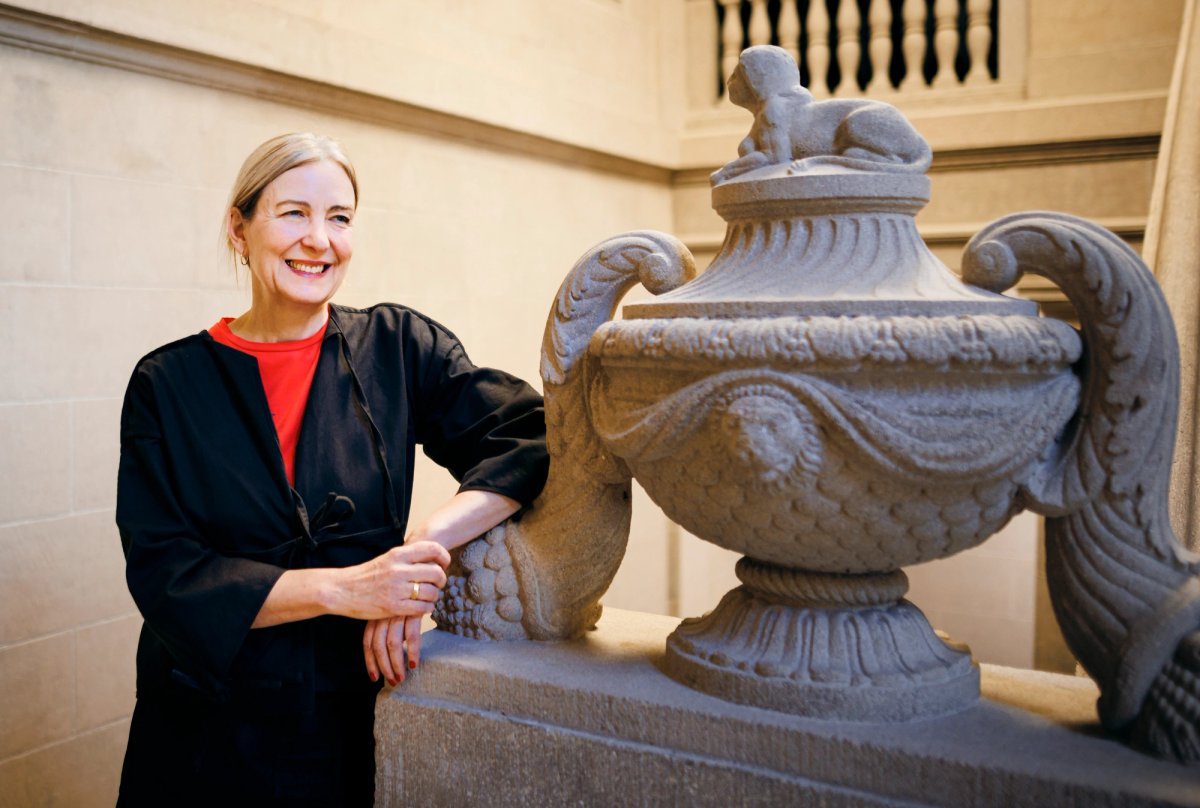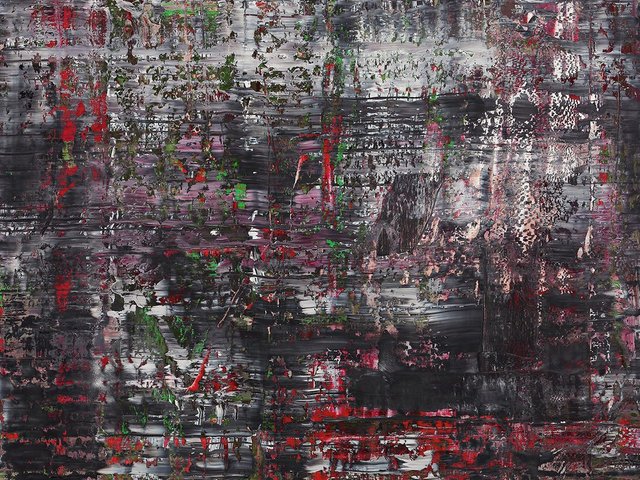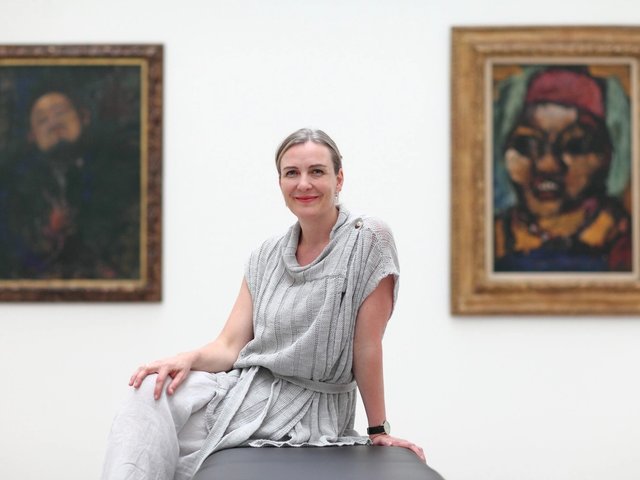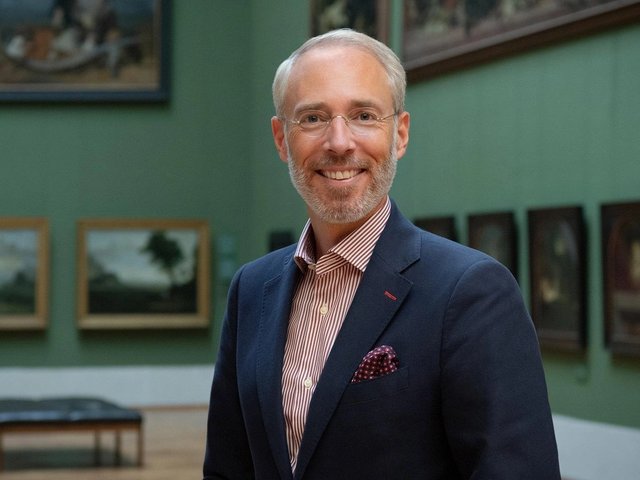Marion Ackermann, currently the general director of Dresden’s state museums, has been appointed the first woman to run the Prussian Cultural Heritage Foundation (SPK), the largest cultural employer in Germany.
With around 2,000 employees, the SPK oversees 15 Berlin museums as well as archives, libraries and research institutes. As president, Ackermann’s tasks will include managing a major overhaul of the foundation, which a panel of independent experts described in a 2020 report as “dysfunctional” and “structurally overwhelmed.”
Ackermann, the unanimous choice of a finding commission, will take up the post in June next year. She succeeds Hermann Parzinger, who is retiring after 17 years as president.
“Marion Ackermann is an excellent museums manager, art expert and strategist who is extremely well-connected both nationally and internationally,” Claudia Roth, the German culture minister, said in a statement announcing the decision by the foundation’s trustees.
“One of the important factors in her appointment was her proven track record in successfully shaping transformation processes,” Roth said. “I am sure that she will bring the comprehensive reform of the SPK to an excellent conclusion and take the foundation into a sustainable and successful future with extraordinary expertise, new ideas and much energy.”
The SPK was established in 1957 to oversee West Berlin’s world-class art collections. Since the fall of the Berlin Wall in 1989, its focus has been on combining the collections of the former East and West and reshaping the city’s museum landscape, with major projects such as the reconstruction of Museum Island.
This renewal is ongoing: the Pergamonmuseum is undergoing a multi-decade renovation while construction is underway on a new museum for 20th-century art designed by Herzog & De Meuron, scheduled for completion in 2027.
After the release of the 2020 report by independent experts, the directors of individual Berlin museums wrote an open letter complaining of excess bureaucracy and hierarchy at the SPK, which “prevent a quick response to topical questions and desires of the public.” They added that they lack both money and decision-making powers. Such constraints “cripple us in the long term”, the directors said.
Chronic underfunding is another major challenge facing Ackermann. The 2020 report by independent experts identified severe staffing shortages in education, exhibition management, publicity, fundraising, marketing and sponsorship. A combination of tight budgets and rising operating costs prompted the SPK to announce in April that some of its museums—including the Bode Museum and Altes Museum—will close on two days a week (Monday and Tuesday) instead of just one to save money.
Ackermann studied art history, German literature and history in Göttingen, Kassel, Vienna and Munich. She became the youngest director of a major German museum in 2003, when she took over the management of the Stuttgart art museum aged 38. After seven years running the North Rhine-Westphalia art collections in Dusseldorf, she became general director in Dresden in 2016, overseeing 15 museums with more than 2 million visitors annually.





